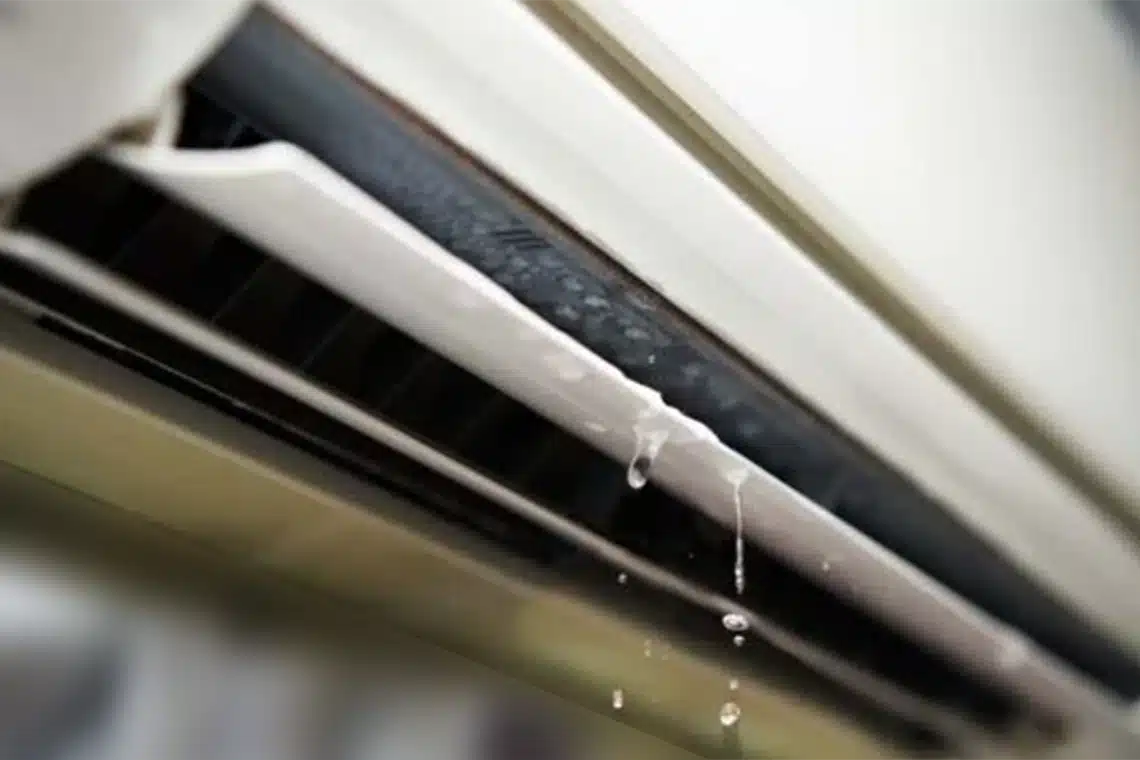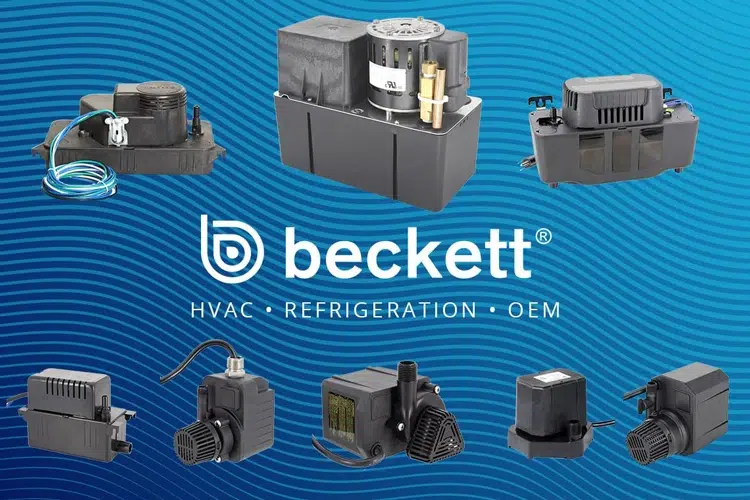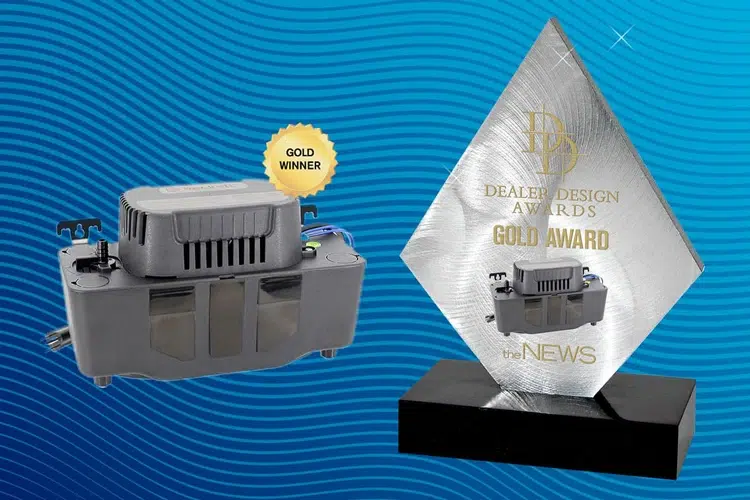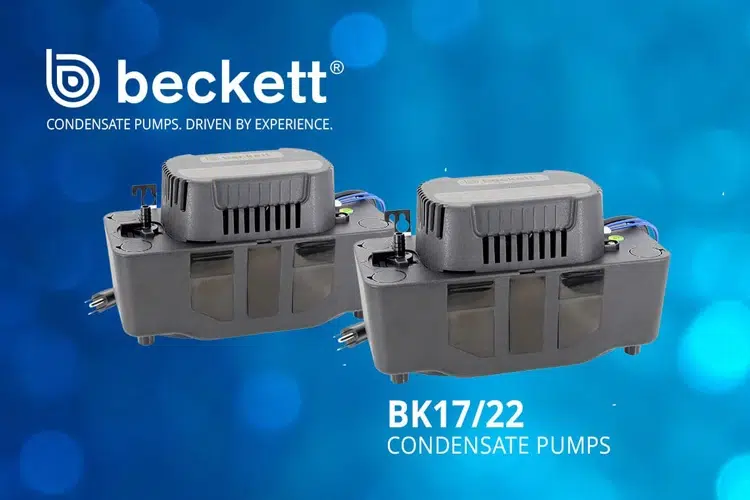Why Is Your Mini Split Leaking Water? Understanding Causes and Solutions

Mini split systems are prized for their efficiency and flexibility, especially in homes without central air conditioning. However, like any household appliance, they aren’t without their quirks. One issue that homeowners may encounter is water leakage. Understanding why your mini split system is leaking can provide valuable insights on addressing the problem effectively.
Why Is My Mini Split Leaking Water?
Discovering water dripping from your mini split system can be alarming. Aside from potentially damaging your walls and flooring or helping the growth of unhealthy mold, the system isn’t performing at its peak. There are several possible culprits, ranging from a clogged drain line to a faulty condensate pump or even a refrigerant leak.
While some troubleshooting can be done by homeowners familiar with basic DIY home maintenance, persisting or complicated issues are best dealt with by professional HVAC contractors.
How Do Mini Split Systems Work?
To get to the root of the leakage, it’s crucial to understand the mechanics of a mini split system. Essentially, these systems comprise an indoor air-handling unit and an outdoor compressor or condenser. The indoor unit absorbs warm air, cools it via evaporator coils filled with refrigerant, and circulates the chilled air back into the room.
These units are linked to outdoor condensers through a series of lines that include a power cable, drain lines, refrigerant lines, and suction tubing. As the system cools the air, it generates condensation, usually channeled outside through a drain pan, drain line, or condensate pump. The system thus also functions as a dehumidifier.
Common Causes of Water Leakage
Blocked Drain Line
The most prevalent cause of leakage in a mini split system is a blocked drain line. Over time, the line can become clogged with dirt, debris, or even mold. A blocked line prevents condensation from draining away, causing the system to leak.
Resolving this issue involves removing and cleaning the drain line. However, given the delicate components, many homeowners prefer to consult a professional. Timely intervention is essential to prevent further damage or malfunction.
Damaged Drain Pan
When mini splits leak, the culprit can be a damaged drain pan. The drain pan collects the condensate produced from the normal operation of the mini split system. Debris or damage to the drain pan can cause any water (i.e., condensate) inside to gather and eventually overflow or leak from the system.
Routine planned maintenance by an HVAC professional can help identify issues before they cause leaks and water damage.
Dirty Filters
Air filters, which help maintain indoor air quality, can become clogged with pollutants over time. A blocked filter restricts airflow, compromising the unit’s efficiency. This may cause coils to overcool, leading to excessive condensation and subsequent water leakage.
Regularly cleaning or replacing the filters per manufacturer guidelines can mitigate this problem.
Low Refrigerant Levels
Another common issue is low refrigerant levels. Insufficient refrigerant can disrupt the temperature regulation of the coils, causing excessive condensation and leakage. In such cases, an AC recharge may be required, which involves removing the old refrigerant, inspecting for leaks, and refilling. This procedure is best left to professionals due to the health risks associated with handling refrigerants.
Refrigerant Leakage
In some cases, the liquid you see might not be water at all; it could be leaking refrigerant. Refrigerants are hazardous substances that require immediate professional attention. Certified HVAC technicians are trained to handle refrigerants safely and repair any leaks.
When to Call a Professional?
While a small leak may not seem urgent, leaving it unattended can lead to long-term problems such as water damage, mold growth, or electrical malfunctions. Professional HVAC inspection typically costs between $250 and $400 but can save you from far more costly repairs down the line.
Attempting DIY fixes could not only exacerbate the problem but also void your unit’s warranty. Professional repairs range between $100 and $700, depending on the issue’s complexity and your location.
The Importance of Regular Maintenance
Despite their simplicity compared to traditional HVAC systems, mini splits require routine maintenance. This can include filter replacement, coil cleaning, and checks on refrigerant levels and overall system functionality. Scheduling maintenance at least annually is advisable, although systems in dustier or high-usage environments may require more frequent checks.
Investing in regular maintenance, which typically costs between $75 to $300, can prolong your mini split’s lifespan, enhance performance, and most importantly, help you avoid the inconvenience and added expense of unexpected leaks or problems.
Understanding why your mini split system leaks is the first step in resolving the issue. While some troubleshooting is possible, professional intervention by a trained HVAC technician is often the safest and most effective course of action. By maintaining your system regularly, you not only enhance its efficiency but also ensure that it serves you well for years to come.




